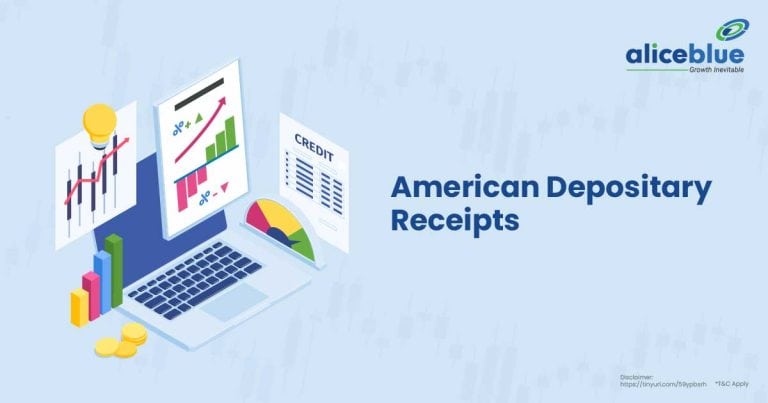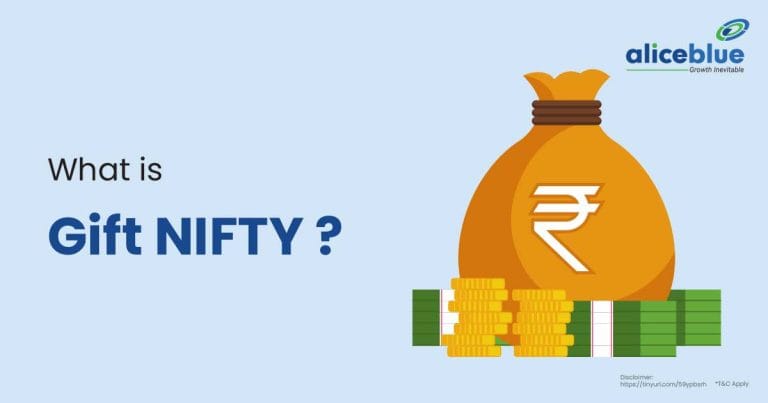The main benefit of convertible bonds is their dual nature, offering fixed-income security and equity upside. This feature enables investors to receive regular interest payments while still having the option to convert into shares, potentially benefiting from the issuing company’s stock price appreciation.
Content:
- What is a Convertible Bond?
- Advantages Of Convertible Bonds
- Pros Of Convertible Bonds – Quick Summary
- Benefits Of Convertible Bonds – FAQs
What is a Convertible Bond?
A convertible bond is a type of debt instrument that can be converted into a predetermined number of the issuer’s equity shares. This feature provides a unique blend of bond safety and stock market participation potential.
Convertible bonds combine the features of bonds and stocks, offering interest payments and the opportunity to convert into shares. This conversion is usually at the bondholder’s discretion and can be exercised under certain conditions, such as reaching a specific stock price.
Convertible bonds are particularly attractive in fluctuating markets, providing the safety of fixed-income securities with the growth potential of stocks.

Advantages Of Convertible Bonds
The primary advantage of convertible bonds is their flexibility in providing both the stability of fixed-income returns and the growth potential of equity. This unique feature caters to diverse investor needs and market conditions.
- Risk Reduction: Convertible bonds offer a blend of security and equity potential. This mitigates risk as investors receive bond benefits during downturns yet can capitalize on equity gains during upturns, ensuring a balanced risk profile.
- Income and Growth Balance: These bonds provide consistent interest income akin to traditional bonds, coupled with the opportunity for stock appreciation. This balance caters to investors seeking steady income and growth, ideal for medium to long-term financial goals.
- Downside Protection: The bond feature is a cushion during market dips, ensuring the preservation of capital invested. This protection is crucial for risk-averse investors, who can rely on getting back at least the bond’s face value.
- Upside Participation: Investors benefit from potential stock price increases without fully committing to the equity market’s volatility. This conversion option is particularly attractive in a bullish market scenario, offering a strategic advantage.
- Portfolio Diversification: Adding convertible bonds to a portfolio brings diversification benefits, combining the best of both worlds – equity and fixed income. This diversity can lead to a more resilient investment portfolio that weathers various market conditions.
To understand the topic and get more information, please read the related stock market articles below.
Pros Of Convertible Bonds – Quick Summary
- One of the main benefits of convertible bonds is that they offer dual benefits, combining the safety and regular income of bonds with the potential for equity upside. This allows investors to benefit from fixed-interest payments and stock price appreciation.
- A convertible bond is a hybrid debt instrument with the option to convert into a set number of the issuer’s shares. It provides a mix of bond security and potential stock market gains, adaptable to changing market conditions.
- Invest in bonds for free with Alice Blue. Earn better returns than FDs by investing in bonds

Benefits Of Convertible Bonds – FAQs
A key advantage of a convertible loan is its flexibility, offering investors fixed income through interest payments and the potential to convert the loan into equity, thus benefiting from the company’s growth.
A major disadvantage of convertible bonds is the dilution of existing shareholders’ equity when bonds are converted into stock, potentially affecting the stock price and shareholder value.
Convertible bonds offer tax benefits such as the deductibility of interest payments for the issuer, reducing the overall cost of borrowing compared to issuing equity.
A convertible bond’s main feature is its dual characteristic, it functions as a bond with fixed-interest payments and can be converted into a specific number of company shares.
The primary reason for issuing convertible bonds is to lower borrowing costs. Convertible bonds typically have lower interest rates than regular bonds due to the conversion feature, making them a cost-effective financing option.
Yes, convertible bonds benefit the issuer by providing a lower-cost alternative to traditional bonds and equity financing while potentially delaying equity dilution until the bonds are converted.
We hope that you are clear about the topic. But there is more to learn and explore when it comes to the stock market, commodity and hence we bring you the important topics and areas that you should know:








